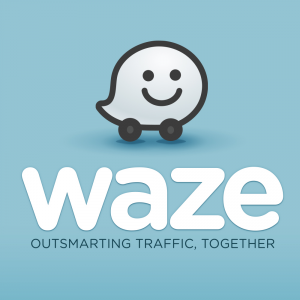Well before Pokémon Go burst onto the mobile gaming scene in July, we had written about some of the pitfalls associated with AR gaming. When the game netted some 45 million daily users in just a few weeks, we talked about Pokémon Go some more (potential liabilities and clickwrap enforcement challenges). But while the game’s popularity has begun to wane, the enthusiasm for augmented reality has likely just begun.
 According to a recent R Street policy paper, early AR applications have included traffic app Waze, which offers navigation based on users current experiences; Google Sky, which allows users to view stars, constellations, galaxies and planets; and informational apps like Yelp’s Monocle, which overlays ratings for local businesses.
According to a recent R Street policy paper, early AR applications have included traffic app Waze, which offers navigation based on users current experiences; Google Sky, which allows users to view stars, constellations, galaxies and planets; and informational apps like Yelp’s Monocle, which overlays ratings for local businesses.
AR apps also can help the blind enjoy television and movie scenes via live descriptions or even help teach people to drive. In fact, a recent report predicts that the augmented realty market is anticipated to reach $80.8 billion by 2022. The study notes that an increasing number of applications across different industries, such as medical, manufacturing, and automotive is driving increased demand.
With multiple use cases on the horizon, regulations aren’t far away. R Street notes that “one week after Pokémon Go’s launch, Sen. Al Franken, D-Minn., wrote to Niantic CEO John Hanke inquiring about the company’s privacy practices with respect to user data, including why the company collects certain types of data, what it plans to do with that data and whether it would consider only collecting data from users who affirmatively opt-in.”
 Internet & Social Media Law Blog
Internet & Social Media Law Blog


